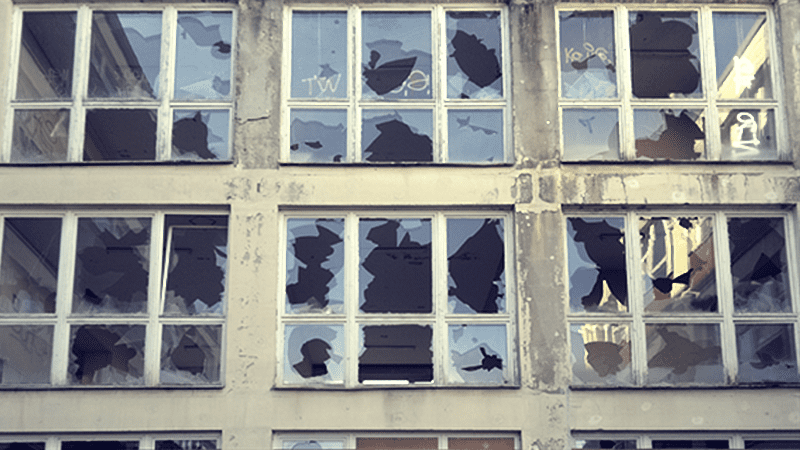NOVEMBER 1, 2022 – Yesterday the Supremes heard oral arguments in two affirmative action cases. The high court will likely stick a pitchfork in the long-standing law of the land—that race diversity goals may justify consideration of race in admissions to higher education.
This morning I thought about these cases as I reviewed an essay by a seventh-grader from a predominantly Black school in North Minneapolis. Recently I’d volunteered as a writing mentor for a couple of kids. It’s part of a program that pairs a “grown-up” with students to help kids improve their writing skills, and perhaps more important, to provide moral support for under-privileged, middle school kids.
The experience has been an eye-opener; or more accurately, a blow between the eyes. First is the writing. To be charitable, I’ll say . . . it needs lots of work—so much that it’s hard to know where to start. Second is the content, which can be summarized this way: These kids live less than 12 miles and at the same time, more than a million miles from our neighborhood. Third is the blunt force effect of a note that the program director included with the most recent essay: “The situation [at the school]—regular bursts of violence within the school and immediate neighborhood—has affected students and teachers alike. Attendance is often spotty, due to suspensions of students and fear of walking to school, leaving teachers on high-alert and having to adjust their lessons and classroom management accordingly.”
When I contemplate for more than a nanosecond the gross disparity in education between the world I occupy and the one in which my mentee lives, I wonder how we with the advantages and opportunities can tolerate the intolerable. The answer, of course, is that for most of us, the chronic marginalization of large swaths of segregated Blacks in this country is out of sight and out of mind. Not even in the heat of mid-term election campaigns does the educational squalor in our predominantly Black and economically underprivileged communities receive any focus or even lip service. Yet here’s the catch: soon or later, directly or indirectly, all of us will pay for our nation’s chronic denial of systemic discrimination and neglect.
On Monday Chief Justice John Roberts expressed his impatience with race diversity as the goal of higher ed admissions, saying with disapproval to proponents of affirmative action, “It’s not going to stop mattering at some particular point; you’re always going to have to look at race because you say race matters to give us the necessary diversity.” I understand the arguments against affirmative action, but I also now understand better the educational and economic hurdles that chronic discrimination has erected for all too many Blacks in this country.
Over a beer or java, I’d like to sit down with the Supreme Court conservatives, and show them the essay I corrected today and the accompanying note. Then I’d ask, “So, how do you suppose these conditions developed? And if you’re set to trash affirmative action, how would you remedy this intolerable situation wherein most kids have 18 strikes against them before they start kindergarten?”
(Remember to subscribe to this blog and receive notifications of new posts by email.)
© 2022 by Eric Nilsson

2 Comments
Know-Nothings still control our politics. They do the dirty work of the elites who control the power and wealth in our society. This requires class and race-based competition which keeps all but the 1 per-centers out of real power in America. Scapegoats are required in this system for diverting attention from our real problem: horribly unequal distribution of income, existing in no other wealthy, advanced nation calling itself a democracy. You do not say that a reckoning is long overdue, but with a Supreme Court functioning as the arbiter of societal ills and a Congress of dim wits unable to paste together a sensible approach to even our smallest problems, surely we need a new Constitution.
For a long time, my “theme” has been that many of our current political shortcomings are structural and can be laid at the base of our “sacrosanct” Constitution.
Comments are closed.